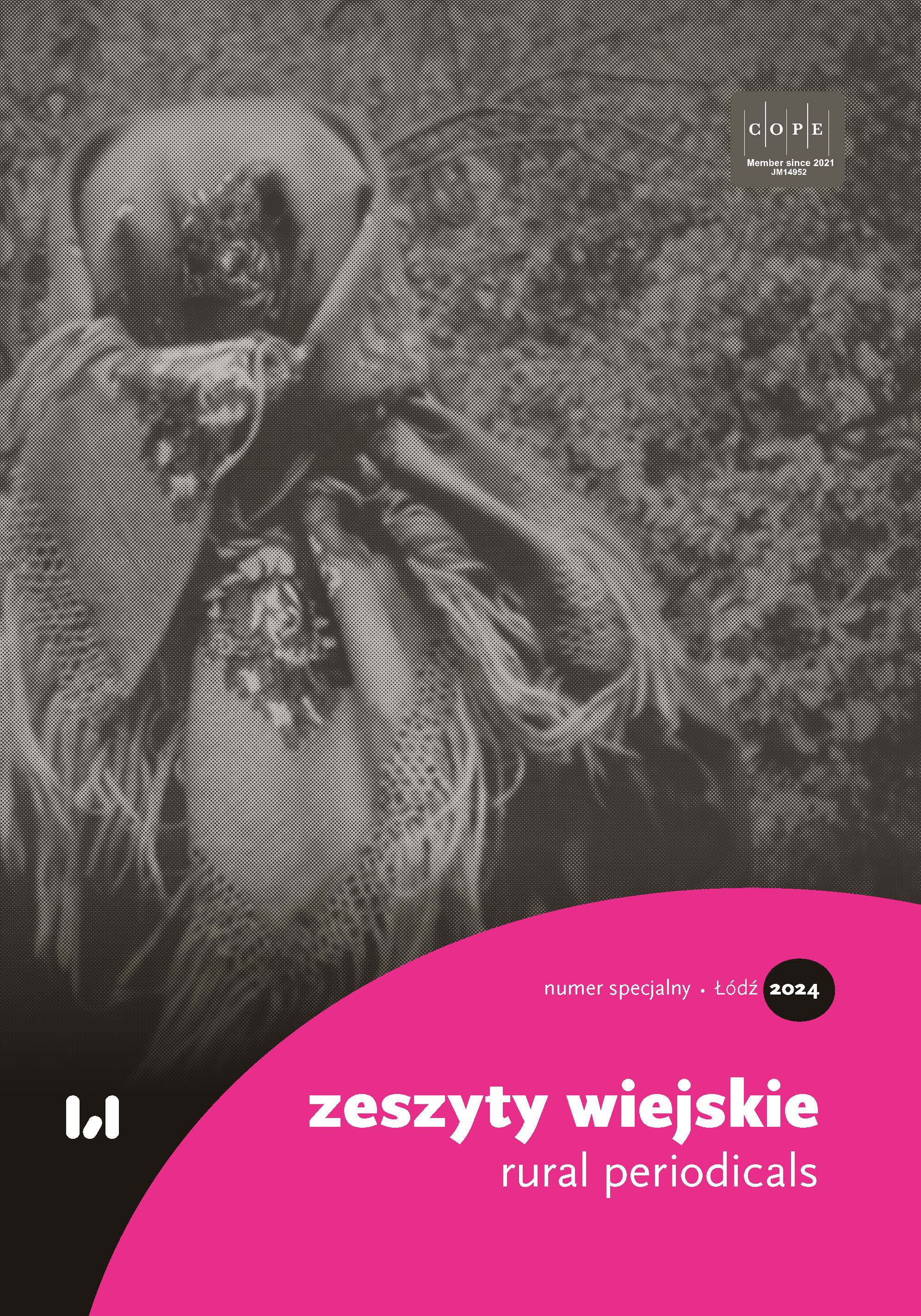Lokalny land-art jako przykład dekolonizacji wyobraźni w perspektywie antropologii kulturowej
Local land-art as an example of decolonization of imagination from the perspective of cultural anthropology
Author(s): Inga B. Kuźma, Milica Kočović De SantoSubject(s): Anthropology, Cultural Anthropology / Ethnology
Published by: Wydawnictwo Uniwersytetu Łódzkiego
Keywords: land-art; decolonization of imagination; Global North; botanical garden; anthropopression
Summary/Abstract: The authors of the text present the decolonization of imagination issue. They treat it as an interpretive tool, along with a critical reflection on this proposal and an attempt to apply it in the cultural context of the Global North. The authors’ attention focused on a case involving an intervention in natural space through land art. Their considerations and research were provided by a field case, i.e., the International Open-Air Wicker and Land-Art Forms held in Łódź. The authors’ methodological background is primarily cultural anthropology. They also included research on the land art, environment, and landscape; they also drew from considerations of the Anthropocene and anthropopressure. Besides, they were based on the degrowth approach, which is a key term for the decolonization of imagination. What deepens the interpretation challenge, in the authors’ opinion, is the location of these open-air events - an urban botanical garden. It is a biological system under human control. Artistic actions in such a place may be associated with another anthropo-interference, although a botanical garden, being artificially created, is generally susceptible to changes introduced primarily by human beings. Despite this, according to the authors, land art transforms the existing garden environment towards regaining and strengthening its own “naturalness” and becoming an entity per se, although this happens at points, in selected aspects and places.
Journal: Zeszyty Wiejskie
- Issue Year: 1/2024
- Issue No: Sp. Issue
- Page Range: 335-367
- Page Count: 33
- Language: Polish

